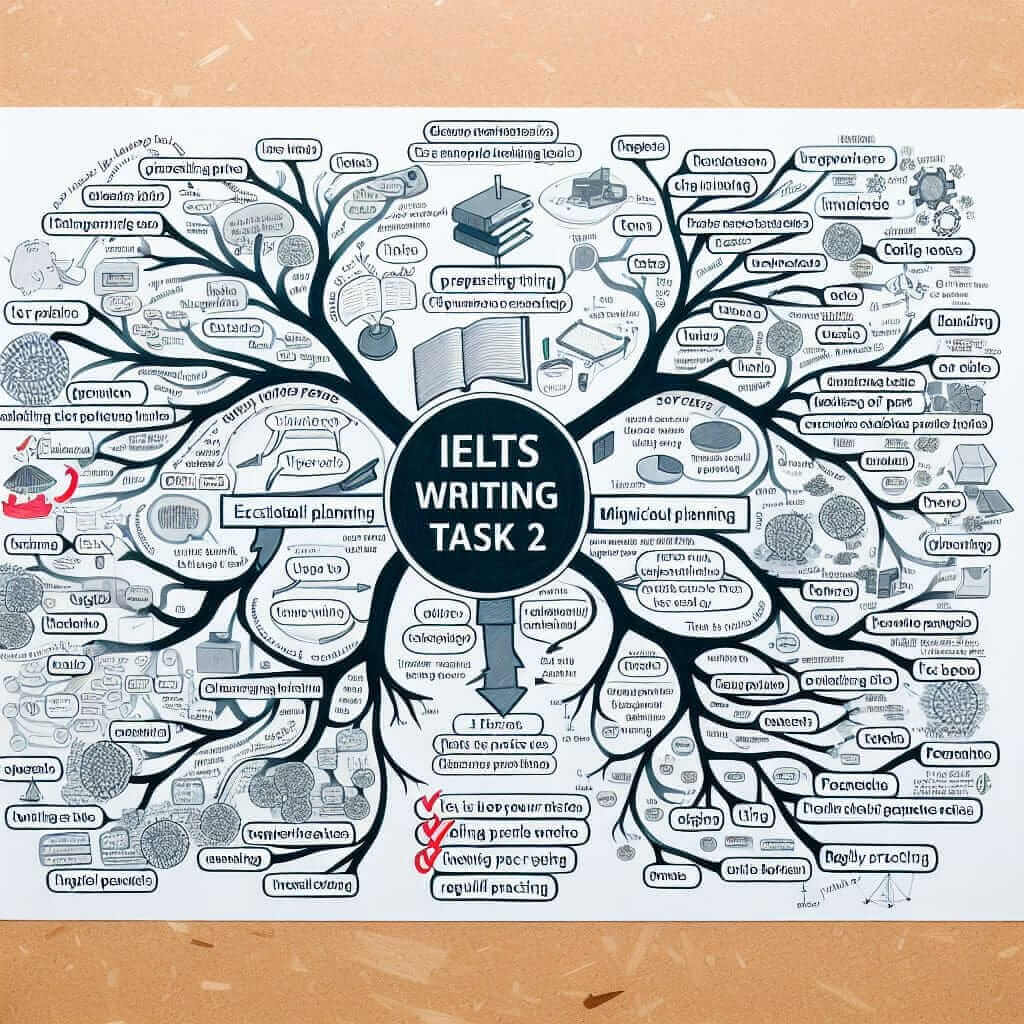The IELTS exam is a globally recognized English language proficiency test that assesses a candidate’s ability to communicate in English across all four language skills: listening, reading, writing, and speaking. Among these, the writing component, particularly Writing Task 2, often poses a significant challenge for many test-takers. In this article, we’ll delve into the duration for the IELTS Academic Writing Task 2, its requirements, and provide useful tips and examples to help you succeed.
Understanding IELTS Academic Writing Task 2
Duration and Structure
IELTS Academic Writing Task 2 requires test-takers to write an essay in response to a prompt. The total duration for the writing section is 60 minutes, and it is divided into two tasks:
- Task 1: You are required to describe a graph, table, chart, or diagram in at least 150 words. It is recommended to spend around 20 minutes on this task.
- Task 2: This task involves writing an essay that responds to a point of view, argument, or problem. This task should be at least 250 words long, and it is advised to spend approximately 40 minutes on it.
Key Aspects of Writing Task 2
Writing Task 2 is assessed based on four criteria:
- Task Response: How well you address all parts of the task and present a clear position throughout the response.
- Coherence and Cohesion: Logical organization of ideas and clear linking of sentences and paragraphs.
- Lexical Resource: Range and accuracy of vocabulary used.
- Grammatical Range and Accuracy: Variety and correctness of grammatical structures employed in the essay.
Examples of Writing Task 2 Prompts
Here are some example prompts from past IELTS Academic Writing Task 2 exams:
-
Example 1:
“Some people believe that unpaid community service should be a compulsory part of high school programs (for example, working for a charity, improving the neighbourhood, or teaching sports to younger children). To what extent do you agree or disagree?” -
Example 2:
“In many countries, the proportion of older people is steadily increasing. What problems could this cause? What solutions can be offered?” -
Example 3:
“Increasing the price of petrol is the best way to solve growing traffic and pollution problems. To what extent do you agree or disagree?” -
Example 4:
“The mass media, including TV, radio, and newspapers, have a great influence on our opinions and perceptions of the world. Do the advantages of this influence outweigh the disadvantages?” -
Example 5:
“Many people believe that social networking sites (such as Facebook) have had a huge negative impact on both individuals and society. To what extent do you agree or disagree?”

Common Mistakes and How to Avoid Them
Overemphasis on Time Management
Many candidates spend too much time on Task 1, leaving insufficient time to develop a well-structured essay for Task 2. Remember, Task 2 carries more weight, so allocate time appropriately.
Lack of Coherence and Cohesion
Ensure your essay is logically organized. Use linking words and phrases (e.g., however, furthermore, in addition) to connect your ideas smoothly.
Vocabulary Errors
Using sophisticated vocabulary incorrectly can reduce clarity. It’s better to use simple words accurately than to misuse complex words.
Grammar Mistakes
Frequent grammar errors can lower your score. Practice writing essays regularly and seek feedback to identify and correct recurring issues.
Effective Practice Strategies
Plan Your Essays
Spend the first few minutes planning your essay. Outline your main ideas and examples and decide how you’ll structure your paragraphs.
Practice Under Exam Conditions
Time yourself when practicing essays to build up your speed and efficiency. Aim to complete Task 2 within 40 minutes.
Regular Feedback
Get your essays checked by teachers or peers. Feedback is crucial for identifying strengths and areas for improvement.
Sample Answers
Analyze high-scoring sample essays to understand what makes them effective. Pay attention to how they address the prompt, develop arguments, and use language.
Conclusion
Understanding the duration and requirements of IELTS Academic Writing Task 2 is crucial for effective preparation. Allocate your time efficiently, plan your essay structure, and practice under exam conditions to enhance your writing skills. By following these strategies, you’ll be better equipped to tackle the writing section with confidence.
For more tips, sample essays, and comprehensive guides on every aspect of the IELTS exam, explore our website further. We encourage you to leave comments or questions below and join our community of learners committed to achieving their best IELTS scores. Happy studying!